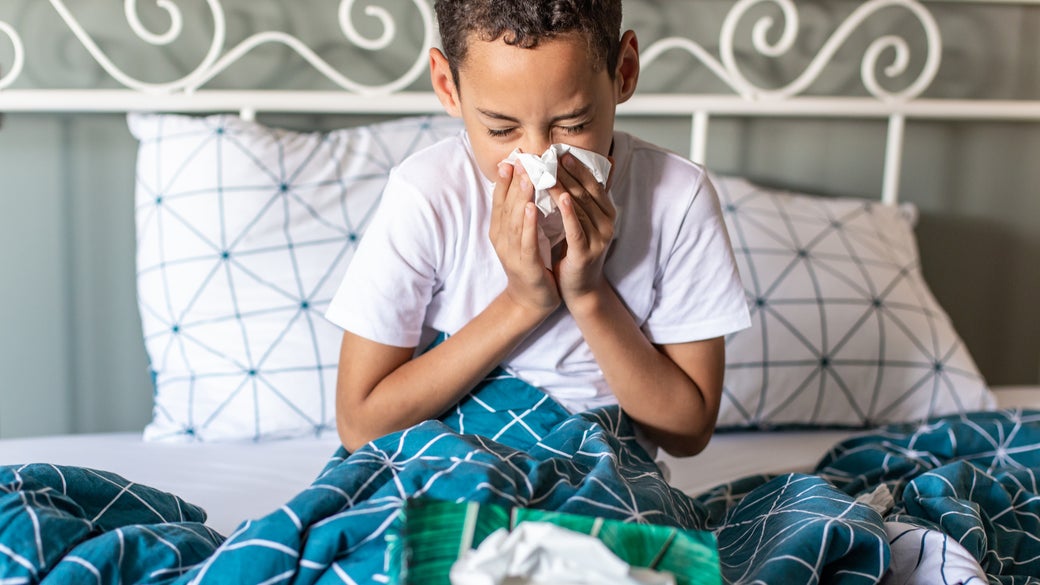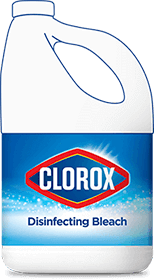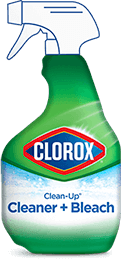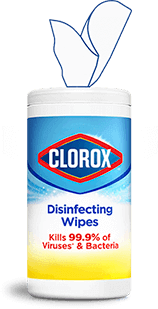Are you prepared for the next cold and flu season? It’s no question that common colds and the flu can stop families in their tracks, leading to sick days and missed school or work. Each year, adults in the U.S. get an average of two to four colds1, and around 8% of the U.S. population gets sick from the flu each season2.
Establishing healthy habits can enable you and your loved ones to help prevent the spread of illness-causing germs year-round.
First, it is important to understand how viruses spread. Viruses can spread directly from person to person when someone sick coughs, sneezes and talks or indirectly via surfaces, like when an individual touches a contaminated surface then touches their own mouth, nose or eyes.
You can be contagious without symptoms.
It is possible for some otherwise healthy adults to infect others beginning 1 day before symptoms develop and up to 5 to 7 days after becoming sick3.
Viruses can survive on hard surfaces.
Flu viruses can live on surfaces for up to 48 hours. People can get the flu by touching a surface or object that has the flu virus on it and then touching their own mouth, nose or their eyes3.
The health complications can be severe.
Complications of flu can include bacterial pneumonia, ear infections, sinus infections and worsening of chronic medical conditions, such as congestive heart failure, asthma, or diabetes.2
Luckily, there are a few simple things you can do to help prevent the spread of viruses and minimize the impact of illness-causing germs on you and your family.
Smart ways to outsmart germs
Maintain your immune system.
Proper diet, hydration, exercise and sleep are all key to maintaining good health. While a strong immune system doesn’t prevent you from getting sick or passing a virus on to others, establishing these habits are beneficial to help maintain your physical health during cold and flu season.
Get vaccinated.
According to the CDC, a flu shot is the most effective way to help prevent spread of the flu virus. Talk to your doctor, or find a local vaccination center here. For COVID-19 related vaccine information, visit Centers for Disease Control and Prevention.
Develop good hygiene habits.
You should practice good hygiene year-round, but you can also adopt new habits to help prevent the spread of germs:
- Wash your hands. You should wash frequently with water and soap for at least 20 seconds.
- Avoid touching your face. Try not to touch your eyes, mouth or nose with unwashed hands.
- Cough into your elbow. Be sure to practice this healthy habit to avoid germy hands.
Disinfect high-touch surfaces.
It’s important to know how to disinfect common high-touch surfaces and items. For hard, nonporous, high-touch objects like doorknobs, window latches, light switches, tabletops, countertops, bathroom sink, kitchen sink, toilets and faucet handles, we recommend Clorox® Disinfecting Wipes. When used a directed, these disinfecting wipes kill 99.9% of germs that can live on hard, nonporous surfaces, including Cold & Flu Viruses, Respiratory Syncytial Virus (RSV), Rotavirus and SARS-CoV-2, the virus that causes COVID-19.
Learn the difference between cleaning, disinfecting and sanitizing and why it matters. There are a few key differences between cleaning, sanitizing and disinfecting and when each method should be used.
- Cleaning removes dust, debris and dirt from a surface by washing, scrubbing or rinsing; this method should be used to keep the home generally tidy and to remove dirt and crumbs.
- Sanitizing reduces the bacteria identified on the product’s label on hard, nonporous and soft, porous surfaces and in laundry.
- Disinfecting destroys or inactivates both the bacteria and viruses identified on the product’s label — like influenza and rhinovirus — on hard, nonporous surfaces.
Related products
Follow health guidelines.
Health guidelines can help us all to prevent the spread of germs. Always avoid close contact with people who are sick, and observe the most up-to-date CDC recommendations for mask usage and social distancing as well as local guidelines when you’re out in public.
Disinfect after an illness.
If someone in your household has just recovered from an illness like the flu, it’s a good idea to disinfect surfaces and objects they may have touched. Here’s a comprehensive guide to disinfecting your home after the flu.
- * Human Coronavirus, Influenza A2 Virus
- † Kills SARS-CoV-2 on hard, nonporous surfaces. Use as directed.
- 1. Source: Facts About the Common Cold. American Lung Association, 27 March 2023, https://www.lung.org/lung-health-diseases/lung-disease-lookup/facts-about-the-common-cold
- 2. Source: Clinical Infectious Diseases, Volume 66, Issue 10, 15 May 2018 https://academic.oup.com/cid/article/66/10/1511/4682599
- 3. Source: Key Facts about Influenza (Flu). Centers for Disease Control and Prevention, 26 Aug. 2021, https://www.cdc.gov/flu/about/keyfacts.htm







